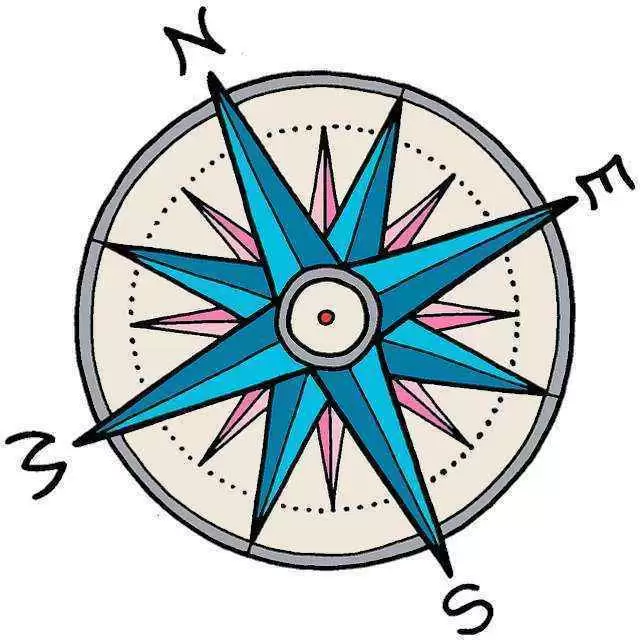
Celiac.com 05/24/2017 - Refractory celiac disease (RCD) is a rare manifestation of celiac disease that is difficult to treat, and often results in death from enteropathy-associated T-cell lymphoma.
Doctors looking to treat RCD have found very limited success with a number of immunosuppressive medications (IMs), including azathioprine, systemic corticosteroids, or regular budesonide. A team of researchers at the Mayo Clinic recently set out to assess open-capsule budesonide (OB) treatment on RCD patients, including those who saw no improvement with previous IM treatments. The research team included Saurabh S Mukewar, Ayush Sharma, Alberto Rubio-Tapia, Tsung-Teh Wu, Bana Jabri and Joseph A Murray.
Celiac.com Sponsor (A12):
The team first looked for RCD patients treated with OB at Mayo Clinic, Rochester, Minnesota from 2003 to 2015. They then reviewed demographic, serologic, and clinical variables in these patients. The team found a total of 57 patients who received OB as treatment for suspected RCD.
Based on clonal T-cell receptor gamma gene rearrangement or aberrant phenotype of intraepithelial lymphocytes (IELs), the team classified 13 patients (23%) as having RCD-2 and 43 (75%) as RCD-1.
The team was unable to determine TCR gene rearrangement status for one patient (2%). Most patients were women (69%), with an average age of 60.5 (+/- 3.5) years, while average body mass index was 28.4 kg/m2.
Nearly 75% of patients suffered from diarrhea, with an average of 6 bowel movements per day (range, 4–25). Nearly half of these patients failed to improve with IM treatment. Twenty-four patients (42%) were anemic, while 12 patients (21%) had hypoalbuminemia. Biopsies showed Marsh 3 lesions in all patients, broken down as follows: 19% were Marsh 3a, 46% were Marsh 3b, and 35% were Marsh 3c.
After OB therapy, 92% showed clinical improvement, while 89% showed histologic improvement. Subsequent biopsies showed that 7 out of 13 patients with RCD-2 (53%) displayed an absence of the previously observed clonal TCR gamma gene rearrangement/aberrant IEL phenotype. During the follow-up period, two patients died of enteropathy-associated T-cell lymphoma.
Most RCD patients show clinical and histopathologic improvement with OB treatment, including those who previously failed to respond to other IMs.
These results show that treatment with open-capsule budesonide is a promising option for patients looking to manage RCD.
Source:









Recommended Comments
Create an account or sign in to comment
You need to be a member in order to leave a comment
Create an account
Sign up for a new account in our community. It's easy!
Register a new accountSign in
Already have an account? Sign in here.
Sign In Now